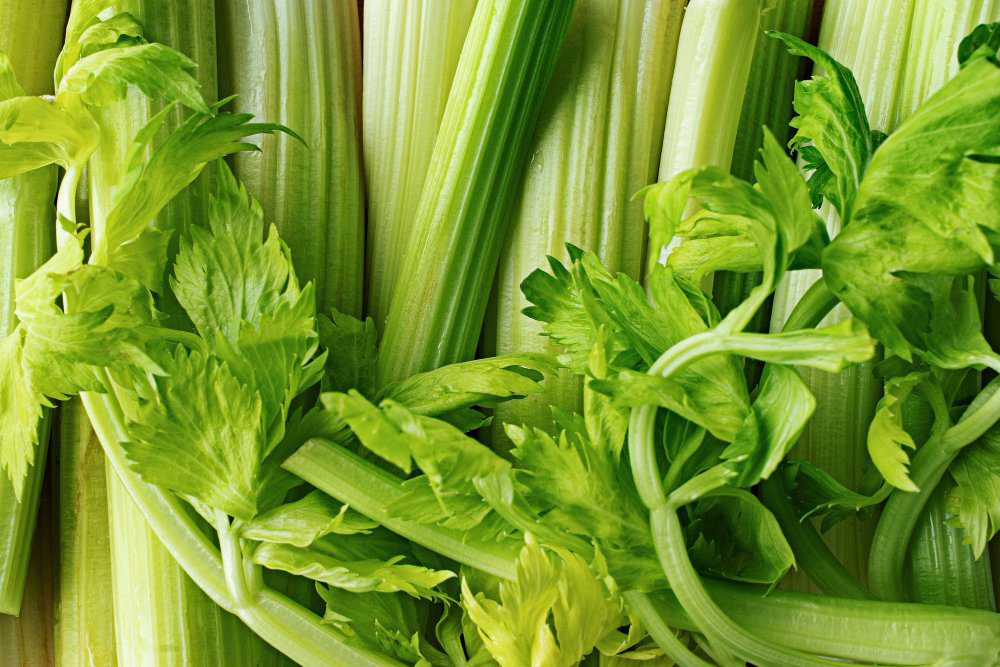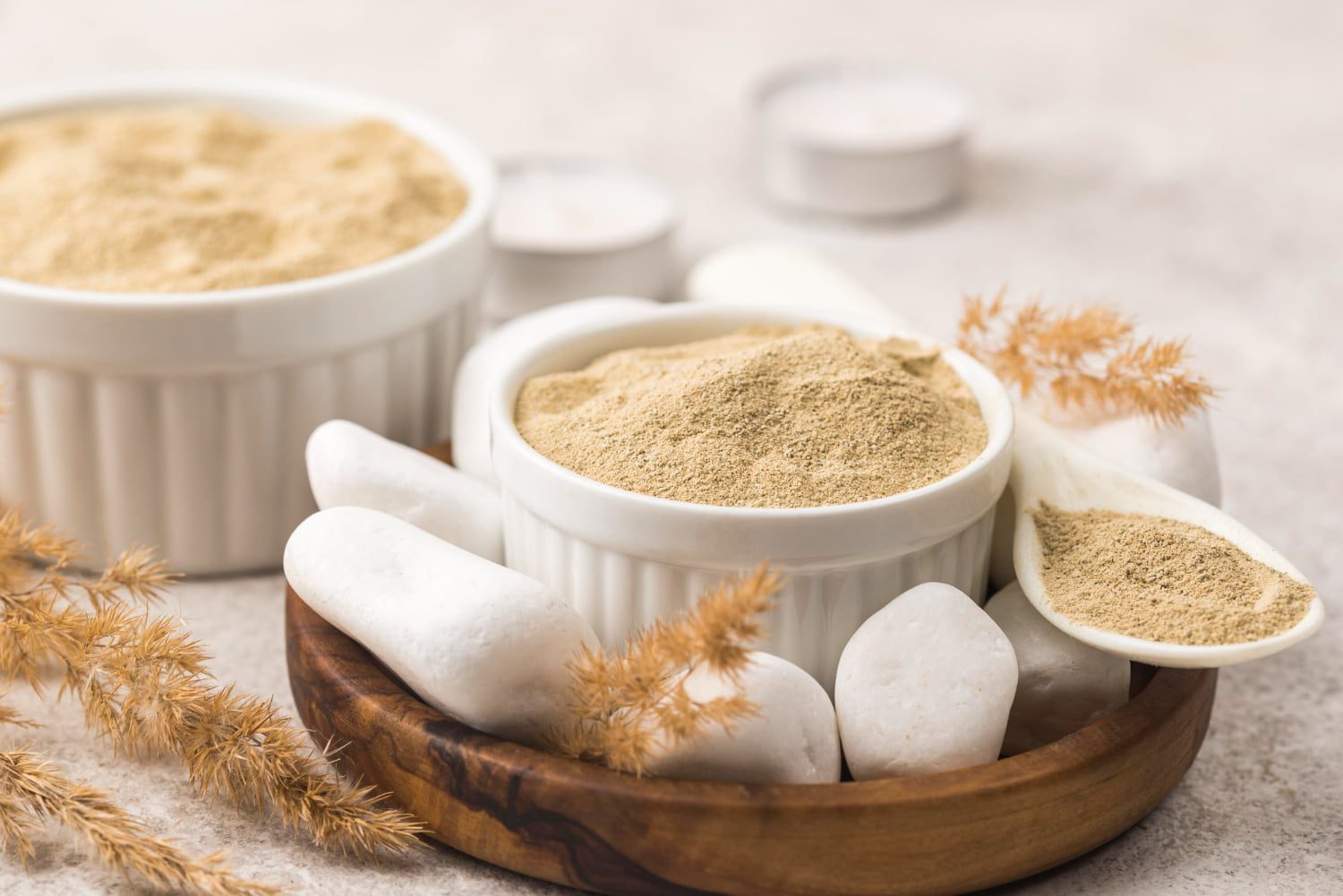Asafoetida is an important culinary ingredient in many Indian and Middle Eastern dishes. It has a strong aroma and flavor, but can be overpowering when used in large amounts. Fortunately, there are several possible substitutes for asafoetida that can be used in place of the pungent spice. These substitutes vary in flavor and intensity, so it is important to choose the right one for the particular dish being prepared. In this article, we will look at the various alternatives to asafoetida and their uses in recipes.
What is Asafoetida?
Asafoetida is a pungent, bitter-tasting spice that is commonly used as a flavoring in Indian and Middle Eastern cuisines. It is made from the dried, powdered sap of a giant fennel plant and has a strong, sulfur-like odor. Asafoetida is often used as a substitute for garlic or onion, and is known for its digestive and medicinal properties.
How is Asafoetida used in food?
Asafoetida is commonly used as an ingredient in curries, stews, and soups, as well as in vegetable dishes and lentil dishes. It can also be used to make chutneys and pickles.
8 health benefits of Asafoetida.
1. Improves Digestion.
Asafoetida has been used for centuries as a digestive aid. It helps to ease digestion and reduce bloating, gas, and constipation.
2. Treats Respiratory Problems.
Asafoetida has been used to treat respiratory problems such as bronchitis, asthma and coughs. It helps to reduce inflammation in the lungs and helps to clear mucus.
3. Relieves Stress.
Asafoetida has been used traditionally as a mild sedative to reduce stress and anxiety. It has calming properties that help to reduce mental tension and improve sleep.
4. Boosts Immunity.
Asafoetida is a great source of antioxidants which help to boost the immune system and protect against free radical damage.
5. Improves Skin Health.
Asafoetida has anti-inflammatory and antiseptic properties which can help to reduce redness, irritation and inflammation of the skin.
6. Treats Headaches.
Asafoetida has pain-relieving properties which can help to ease headaches and migraine pain.
7. Treats Joint Pain.
Asafoetida can help to reduce inflammation and swelling in the joints, making it a great remedy for joint pain.
8. Improves Blood Circulation.
Asafoetida can help to improve circulation and reduce blood pressure. It also helps to reduce inflammation in the arteries and veins.
Side Effects of Asafoetida and how to prevent these side effects?
1. Allergic Reactions.
Asafoetida contains a compound called coumarin, which can cause allergic reactions in some people such as skin rashes, hives, and itching. To prevent this, avoid using asafoetida if you are allergic to it.
2. Digestive Issues.
Consuming asafoetida in large doses can result in digestive issues such as diarrhea, nausea, and vomiting. To prevent this, use it in moderation and only as directed.
3. Interference with Medications.
Asafoetida can interfere with certain medications, such as antacids. To prevent this, it is important to check with your doctor before consuming asafoetida if you are taking any other medications.
4. Blood Sugar Levels.
Asafoetida can affect your blood sugar levels and should be avoided if you have diabetes. To prevent this, if you have diabetes, consult with your doctor before consuming asafoetida.
5. High Blood Pressure.
Asafoetida can increase blood pressure if consumed in large amounts. To prevent this, limit your intake to the recommended dosage.
6. Liver Damage.
Asafoetida has been known to cause liver damage when taken in large doses. To prevent this, it is important to not exceed the recommended dosage and to always consult with your doctor before consuming it.
What are the substitutes for Asafoetida, and how can it be incorporated into food?
1. Onion.

Onion can be used as a substitute for asafoetida in recipes that call for a strong flavor. It has a strong and pungent flavor that is similar to that of asafoetida. It can be used in sauces, curries, and soups.
2. Garlic.

Garlic is another great substitute for asafoetida. It has a strong flavor and can be used in place of asafoetida in curries, sauces, and soups.
3. Ginger.

Ginger is often used as a substitute for asafoetida in recipes that call for a strong flavor. Its strong and pungent taste is similar to that of asafoetida and can be used in sauces, curries, and soups.
4. Parsley.

Parsley is a great substitute for asafoetida in recipes that call for a mild flavor. Its flavor is similar to that of asafoetida, but it is much milder. Parsley can be used in sauces, salads, and soups.
5. Celery.

Celery is a great substitute for asafoetida in recipes that call for a mild flavor. It has a mild flavor similar to that of asafoetida and can be used in soups, salads, and sauces.
6. Chives.

Chives can be used as a substitute for asafoetida in recipes that call for a mild flavor. Its flavor is similar to that of asafoetida, but it is much milder. Chives can be used in sauces, salads, and soups.
7. Leeks.

Leeks can be used as a substitute for asafoetida in recipes that call for a mild flavor. Its flavor is similar to that of asafoetida, but it is much milder. Leeks can be used in sauces, salads, and soups.
8. Asafoetida substitute fenugreek.

Fenugreek can be used as a substitute for asafoetida in food. It can be incorporated into food by adding it to curries, stews, soups, and lentil dishes. It can also be used to make chutneys, pickles, and sauces. Additionally, it can be added to spice rubs for meats and used in marinades.
Tips While using substitutes for Asafoetida.
- Make sure to use the substitute sparingly, as it can easily overpower a dish.
- Experiment to find the right balance of flavor so the dish does not become too bland.
- Consider using onion powder or garlic powder as an alternative to asafoetida.
- Try adding dried ginger or mustard powder to mimic the flavor of asafoetida.
- Use a combination of other spices like cumin, turmeric, and coriander to get a similar flavor.
- Try adding a pinch of nutmeg or a bit of lemon juice to enhance the flavor of the dish.
- Consider adding a few drops of Worcestershire sauce to give the dish a more savory flavor.
- Use a small amount of anchovy paste to add a salty, fishy flavor to the dish.
Bottom Line.
Asafoetida substitutes are a great way to replace the unique flavor of asafoetida that can sometimes be difficult to find. Onion powder, garlic powder, and chili powder are all great options that can be used to replicate the flavor of asafoetida, and they are also easy to find in most grocery stores. With this in mind, asafoetida substitutes are a great way to add flavor to a dish without having to search for the asafoetida itself.

 Workout
Workout
 Meditation
Meditation





 Contact Us
Contact Us





